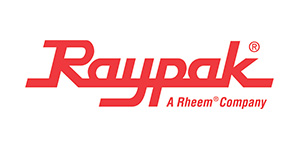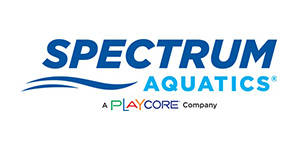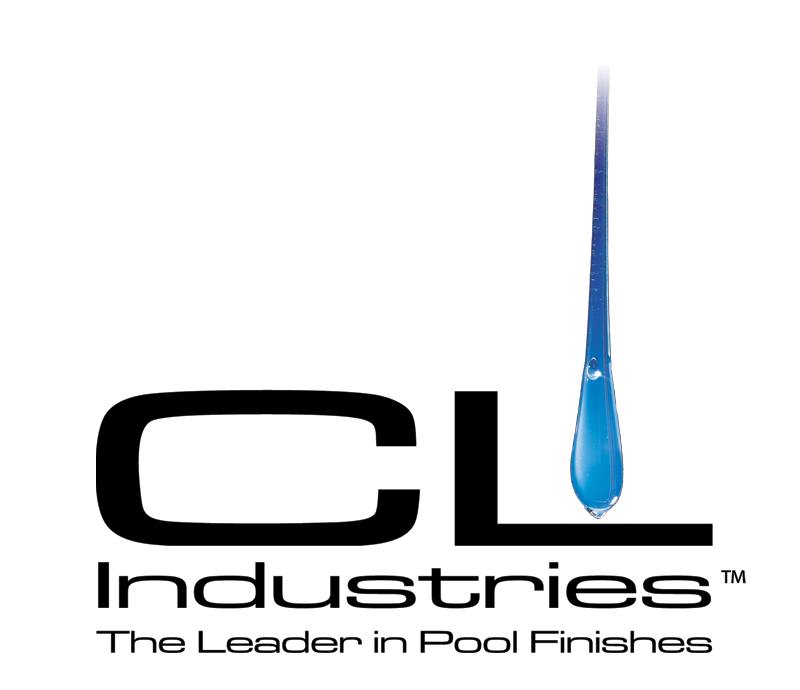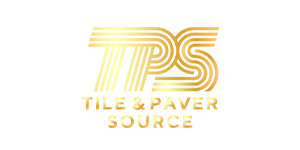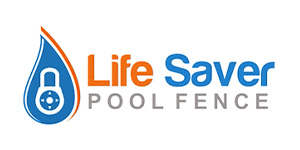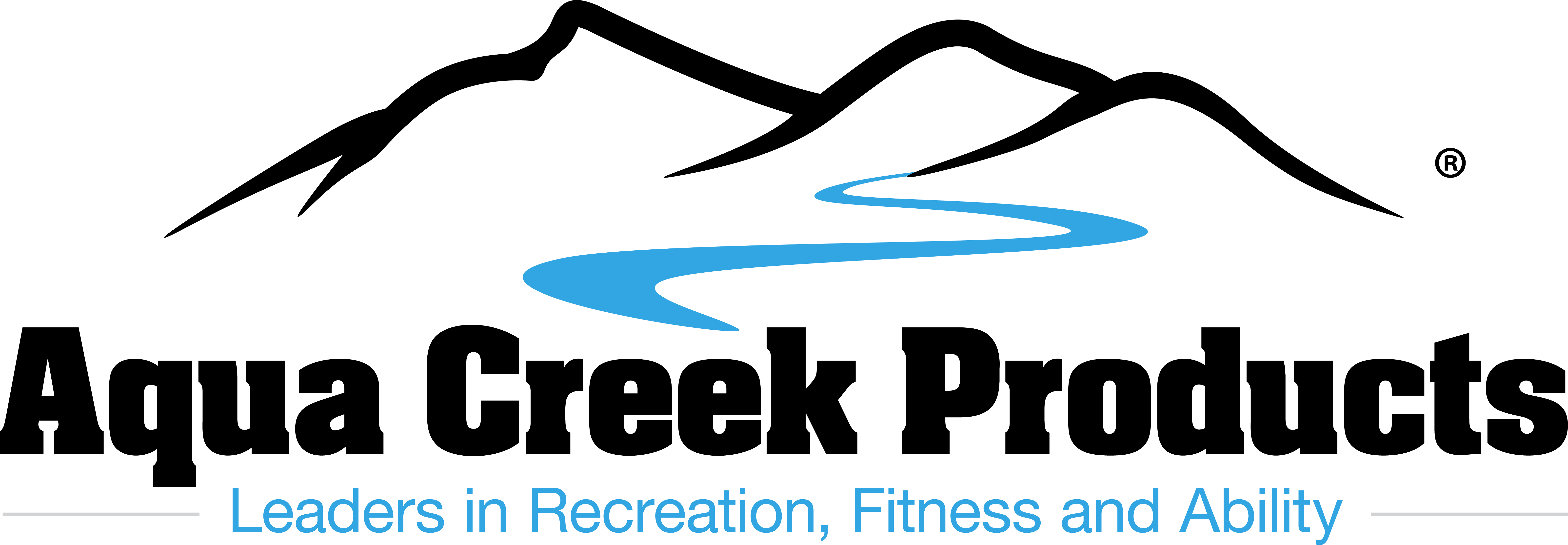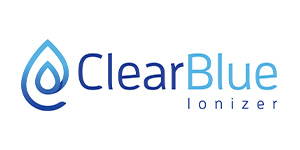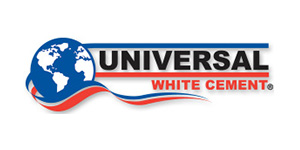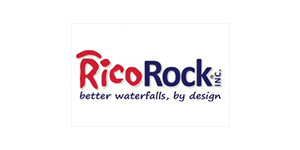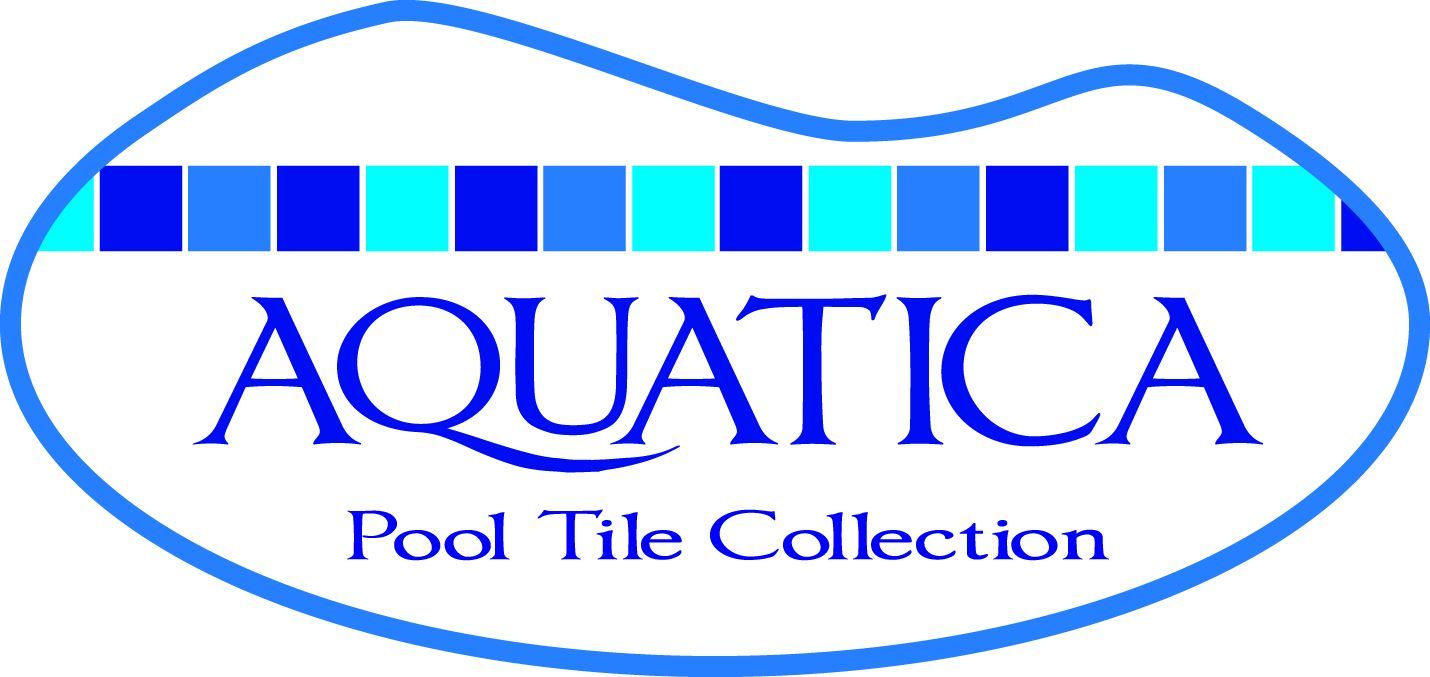Do you prefer concrete or pavers? Do you encourage your
customers to choose one over the other? Here are the pros and cons of two
different categories of swimming pool decking options.
For the purposes of this article, “concrete decking” will
refer to any decking product where the structure layer is delivered to the job site
in a ready-mix concrete truck. And, “paver decking” will refer to any
decking where the structure layer is made up of individual pieces that are
delivered on pallets and installed piece by piece.
In the broad category of concrete decking around swimming
pools, we still find many different finishes. Some customers simply want
plain, brushed concrete. This simply refers to concrete with no
additional finish applied to it, similar to a standard driveway or a
sidewalk. But, this concrete will get very hot in the blistering Florida
sun, and often this concrete does not have the cosmetic look that compliments
the swimming pool. One very common finish that is often applied to the concrete
pool deck is referred to as “cool deck.” This layer provides a textured
finish that helps keep wet feet from slipping on the pool deck, and also seals
the concrete with a colored coating that dramatically lowers the surface
temperature of the pool deck. Other common finishes for concrete decking
include stamped concrete and acid staining the concrete. But, there is a major
drawback to any poured concrete-based decking option: concrete cracks.
Driveways crack, sidewalks crack, building slabs crack, and pool decks
crack. When concrete is poured, the installer will allow for expansion
joints, or control joints, in the concrete. The intention with these
joints is to control where the concrete cracks. Pool decks are a cosmetic
concrete, and cracks in the concrete tend to really stand out.
Paver decking is done very differently. The individual
paver pieces are available in many different materials. Many different
sizes and color options are available in cement-based, manufactured paver
bricks. These cement-based pavers have become very popular around
swimming pools. Many other stone-based options are also available.
Travertine pavers are very common, along with marble, soapstone, granite,
limestone, and porcelain options. Regardless of the material, the pavers are
made from, they are all typically installed on a compacted, crushed base.
There are several reasons that pavers make a really good
choice for a pool deck. Because the individual pieces are “soft set” on
the compacted base, cracking is not an issue. This completely eliminates
the biggest drawback to concrete swimming pool decking! Also, if there is
ever a need for a repair under a swimming pool deck, a section of pavers can be
removed and reinstalled without having to worry about seeing a repair patch
spot in the decking.
Sand is swept between the individual pavers. This sand
actually locks the pavers in place. One maintenance item on paver decks is the
grass and weeds that tend to try to grow in the sand between the paver
pieces. Although it is not usually a big issue, it is definitely a good
idea to remove the grass and weeds regularly and not allow the roots a chance
to become established.
